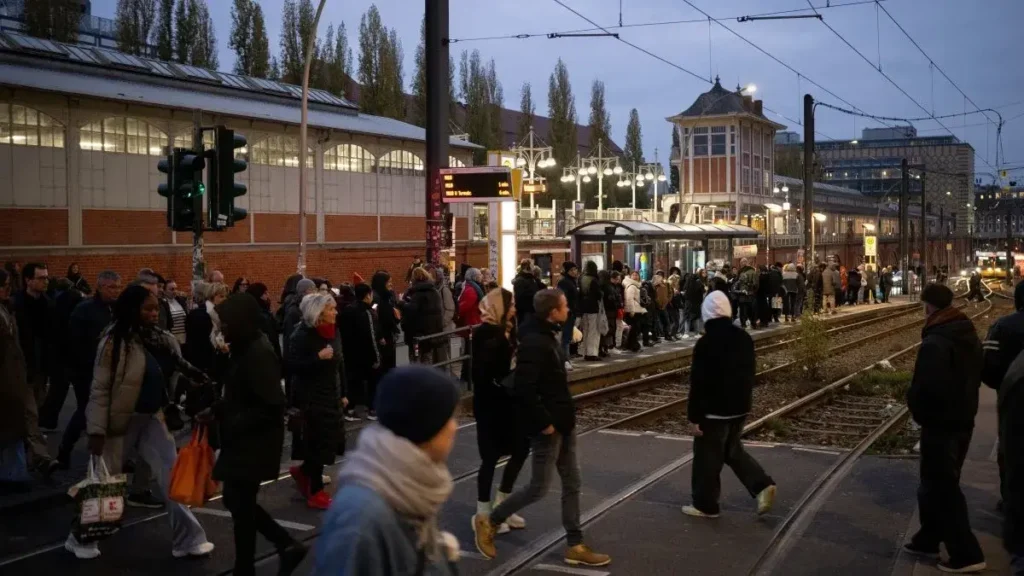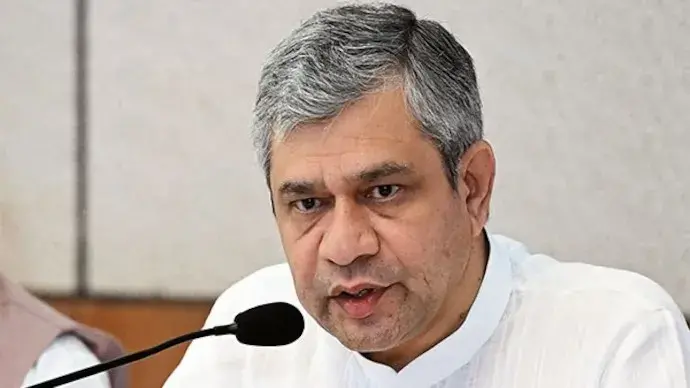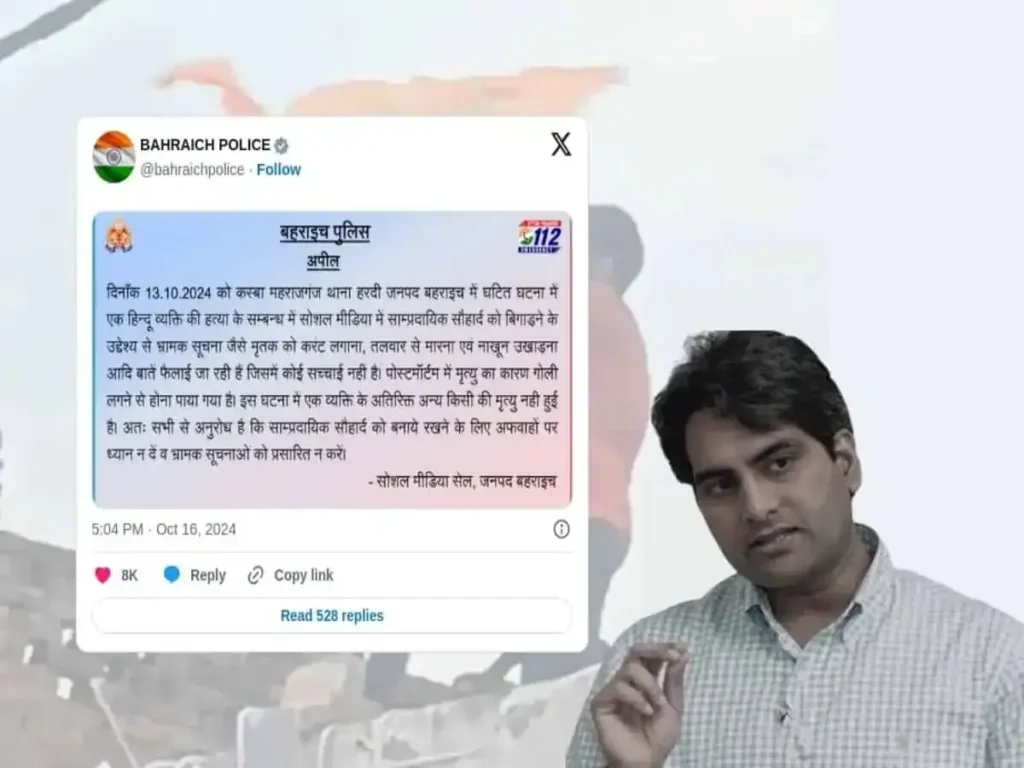Parliamentary Committee to Review Media Issues: Fake News, Sensationalism, and Declining Newspaper Readership
A parliamentary committee meeting on Friday is set to address various pressing media concerns, including “rampant” paid news, fake news, and the rise of sensationalism in TV channels. The Standing Committee on Communications and Information Technology, led by BJP MP Nishikant Dubey, will review the implementation of media laws and discuss factors impacting the media landscape. Key issues likely to be raised include the disproportionate focus on crime and celebrity news, which often comes at the expense of serious, impactful reporting. Sources say that media trials, which shape public opinion and influence legal outcomes, will also be discussed. Additionally, the committee may highlight the decline of traditional newspapers, particularly in the face of digital disruption and declining readership. The meeting will address concerns over TV debates, which often devolve into shouting matches, as well as conflicts of interest within media ownership, journalists, and political entities. Such conflicts, the sources noted, undermine the credibility of news reporting and compromise ethical standards due to a lack of strong regulatory mechanisms. The committee may also bring up the long-drawn legal battles that journalists and media houses face, which discourage investigative reporting. Financial struggles of regional and vernacular media outlets, as well as the havoc caused by fake news during elections, are expected to be major points of discussion. Additionally, the committee is likely to examine the impact of foreign-owned social media giants and the need for regulation to prevent harm to society, political leaders, and even the country. Key figures, including the Information and Broadcasting Secretary, Prasar Bharti CEO, Press Registrar General, and Press Council of India Chairperson, are expected to appear before the panel. Source: Telegraph India





